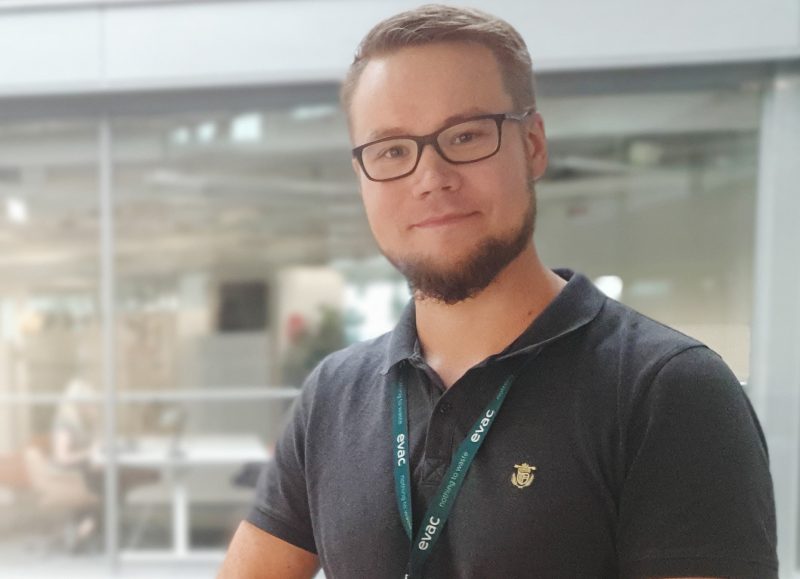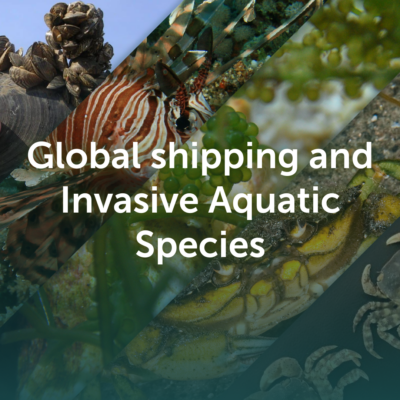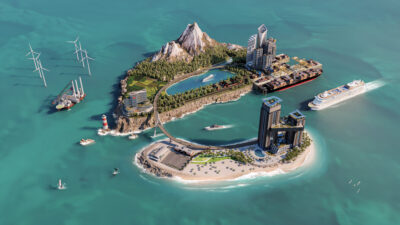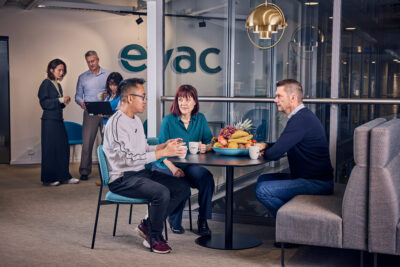Evac HydroTreat is an innovation that revolutionizes the handling of organic wet waste onboard vessels, from small expedition ships to large cruise ships.
The process of hydrothermal carbonization is unique: when wet organic material, such as food waste or biosludge, is exposed to heat, it breaks down into carbon molecules and loses water. This water and carbon mixture can easily be dried, resulting in two streams: reject water that is treatable in a wastewater treatment system and dry, solid biochar.
Old process, new technology
The hydrothermal carbonization process is similar to the formation of brown coal, but with a very important distinction: brown coal takes hundreds of thousands of years to form, whereas the carbonization in HTC takes just hours. For the ship operators, this means that the biochar, which is up to 90% smaller compared to the original waste volume, can be easily stored and handled onboard in dry form. It can also easily be taken onshore, where biochar has several possible uses. In the future, it can, for example, be added to the soil where it functions as a soil improver and carbon storage.
“HTC is an extremely cost-effective way to process wet waste, and it uses only a fraction of the energy compared to traditional waste management solutions,” says Lasse Kapanen, Product Line Manager at Evac. “Essentially, the process takes in waste and transforms it into something that has value.”



